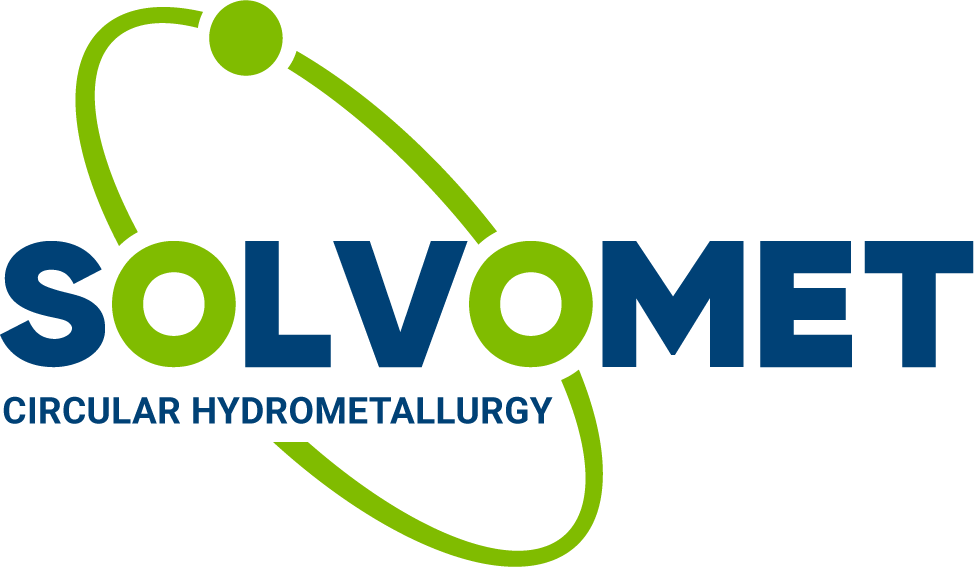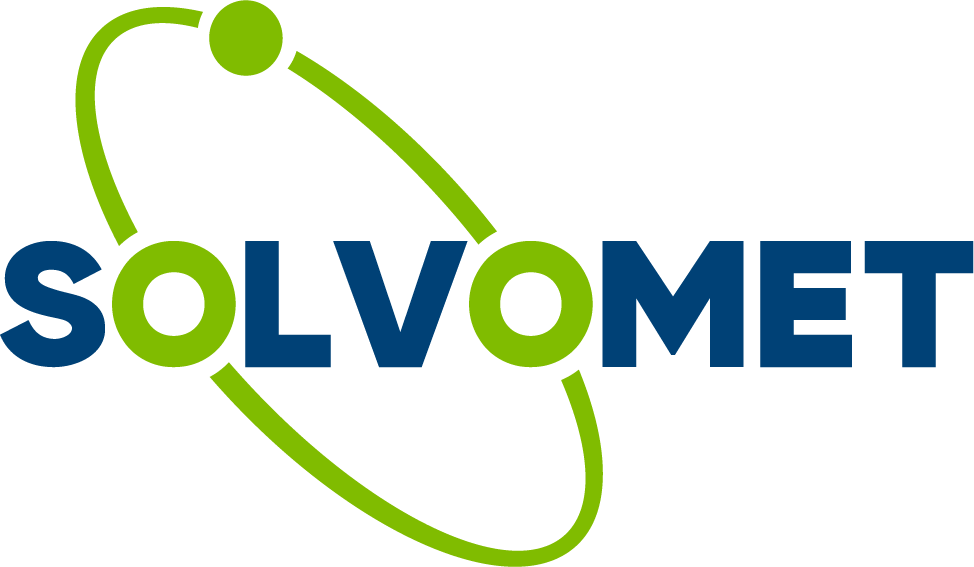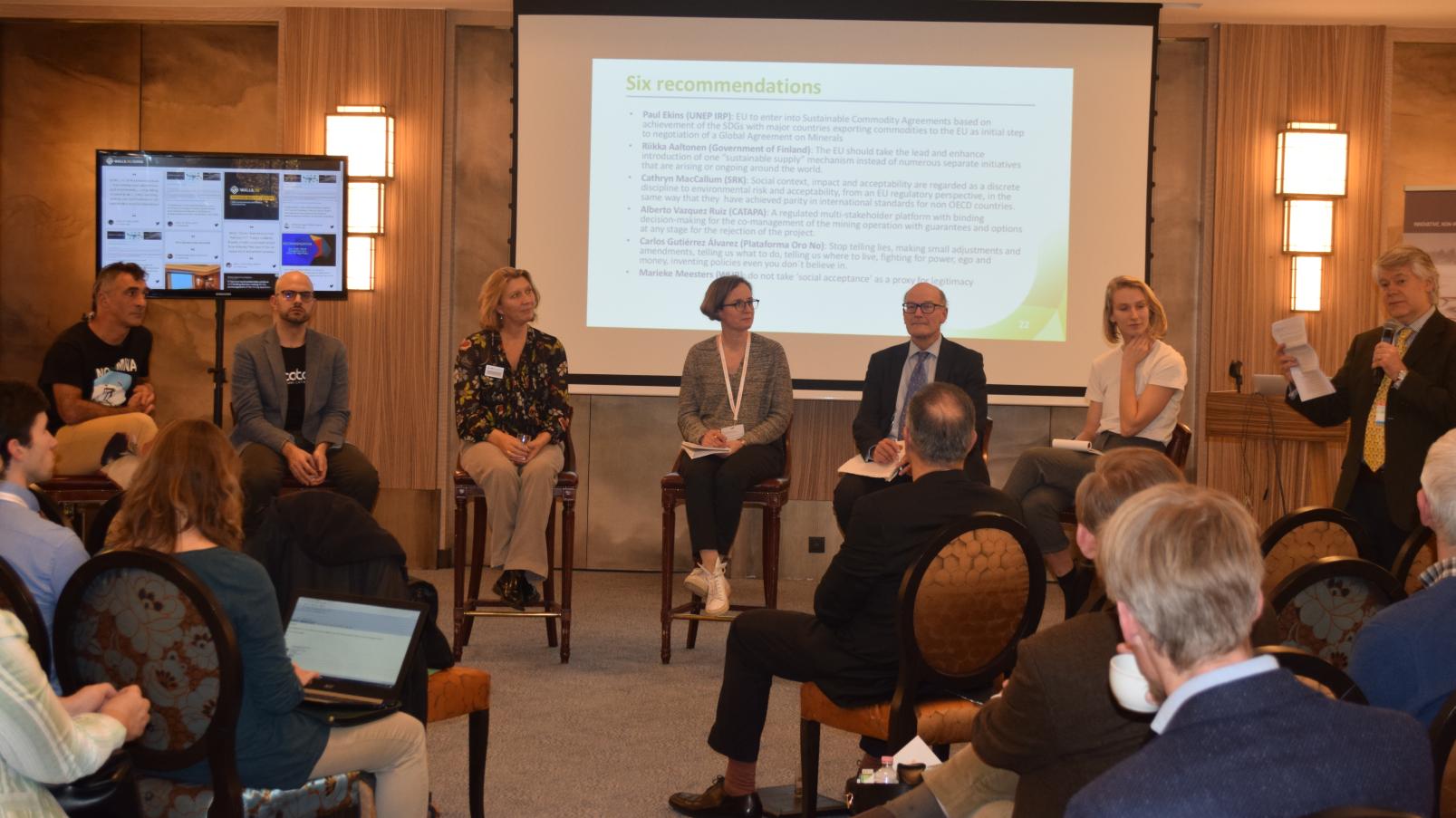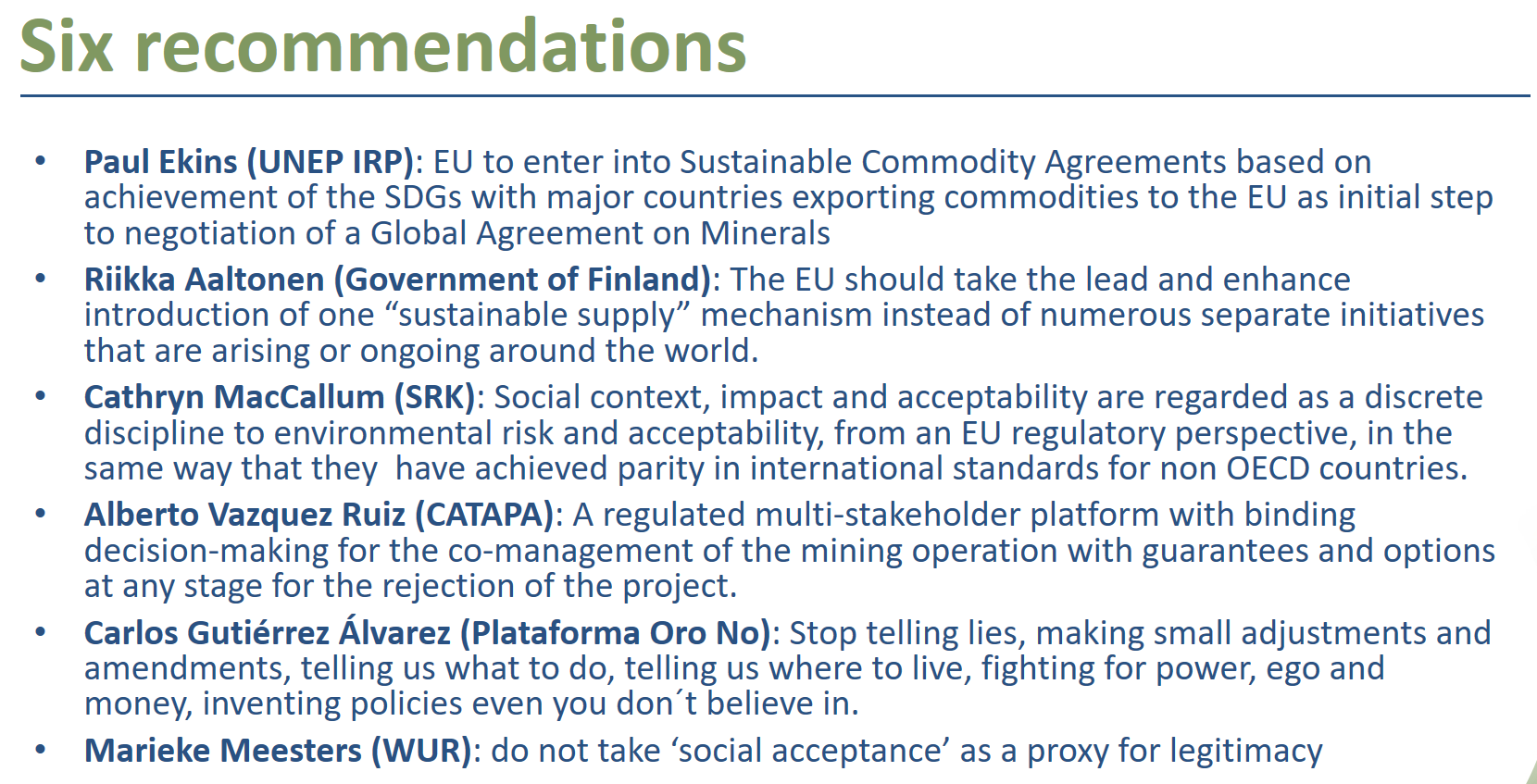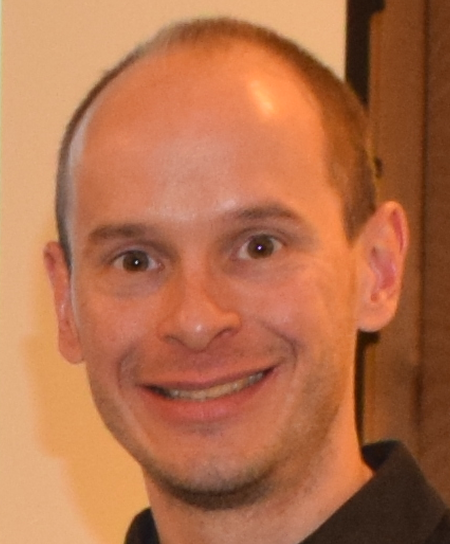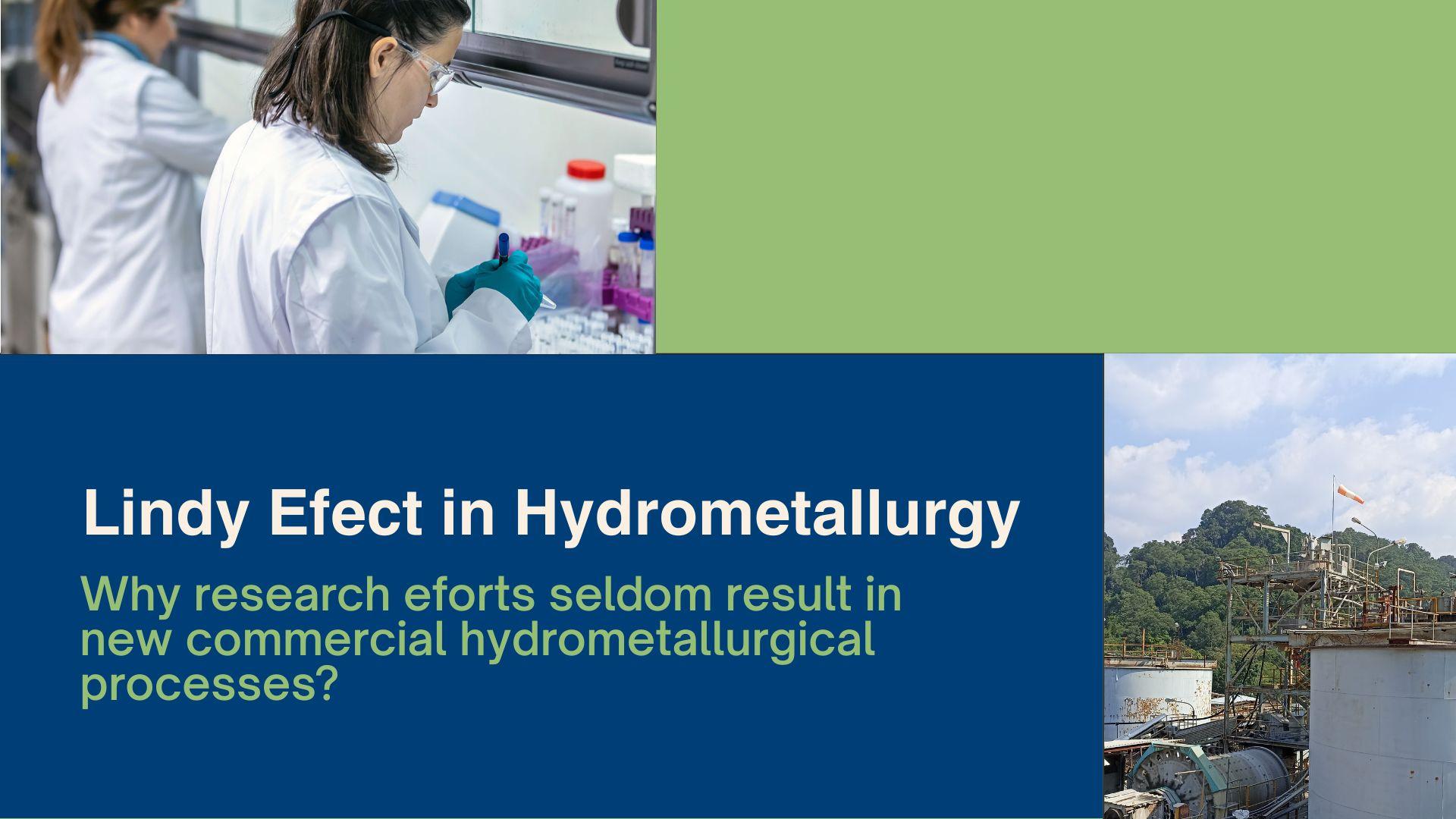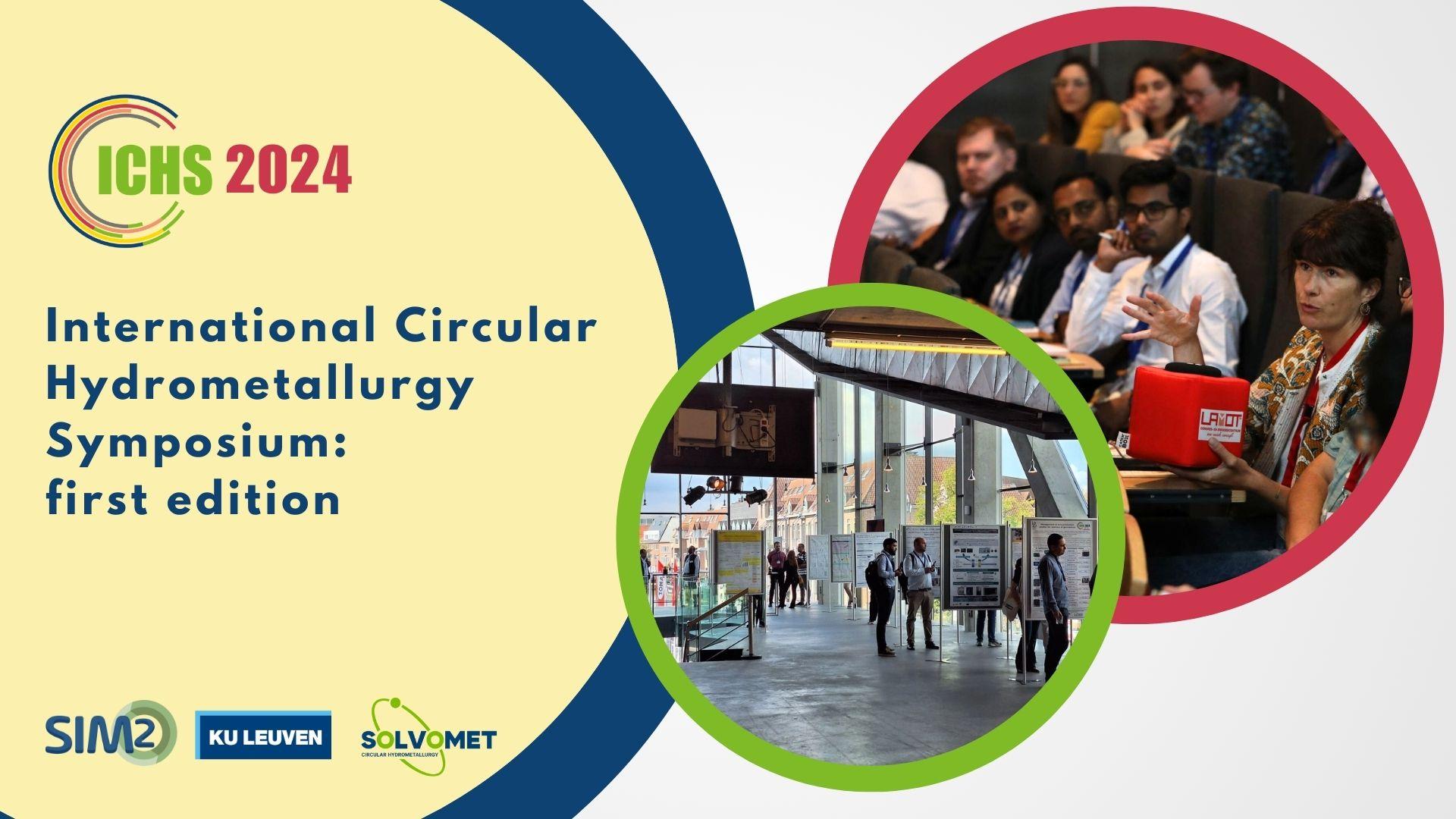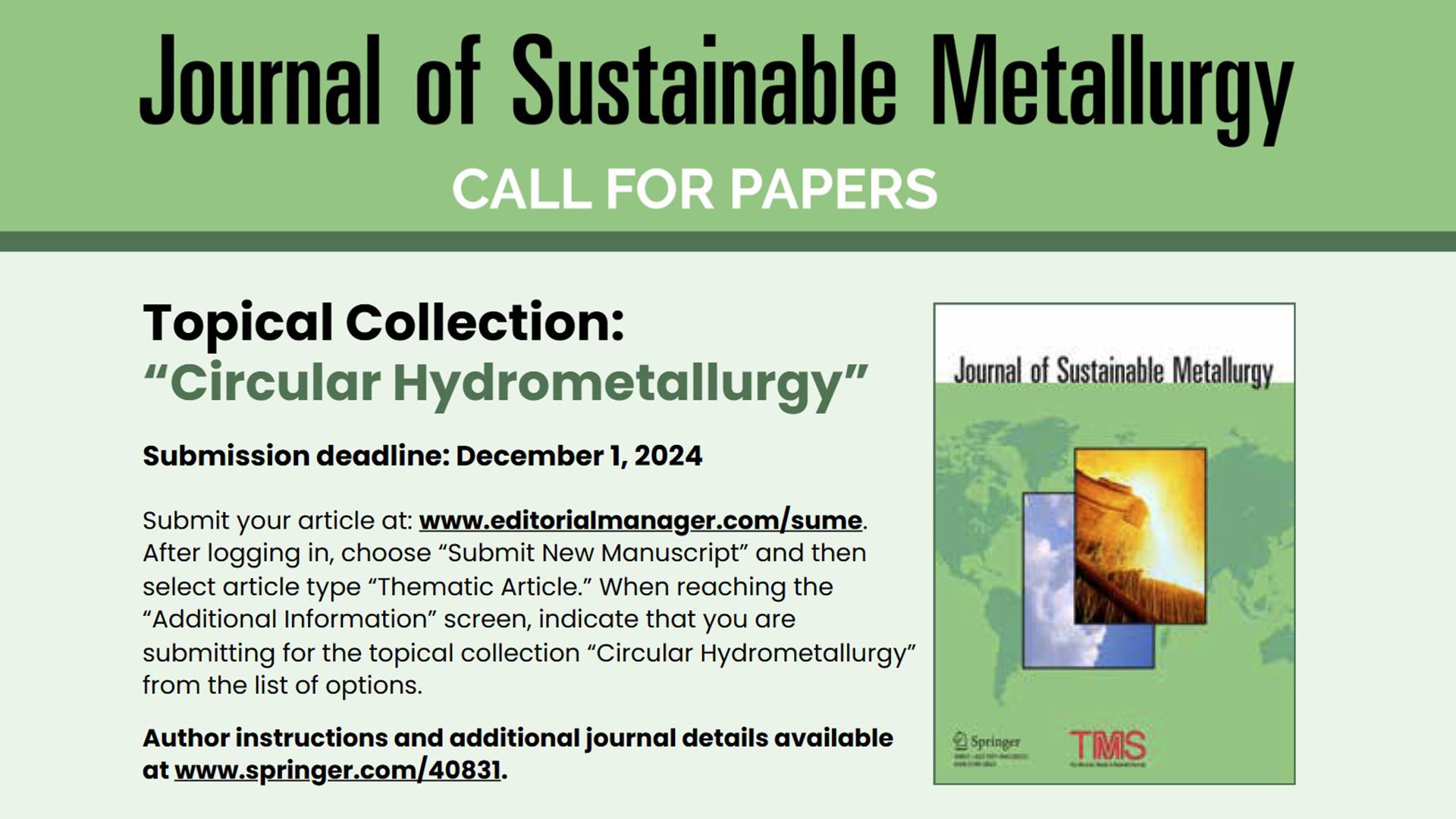In the framework of the EU Raw Materials Week, a broad cluster of six EU Horizon 2020 projects teamed up to organize a satellite event on “Public Acceptance and Social Impact of Mining and Mineral Recycling in Europe”. The projects NEMO, CROCODILE, TARANTULA, SecREEts , INFACT and CHROMIC, hosted the event and brought together six experts to share their perspective on the topic of public acceptance. Each expert came from a different sector (NGO, industry, civil society, etc.) and put forward one recommendation. More than 75 participants attended the event and took active part in a debate on the factors determining public acceptance of mining related activities in Europe.
.PNG)
Next, six speakers shared their perspective on the topic of public acceptance and Social License to Operate (SLO). Each speaker was invited to put forward one key recommendation for the European Commission to consider when dealing with public acceptance and social impact of mineral exploration, exploitation and revalorization or recycling. The speakers included representatives from industry, government, NGO, local citizens group, academia and international institution. Their diverging points of view ensured a lively debate.
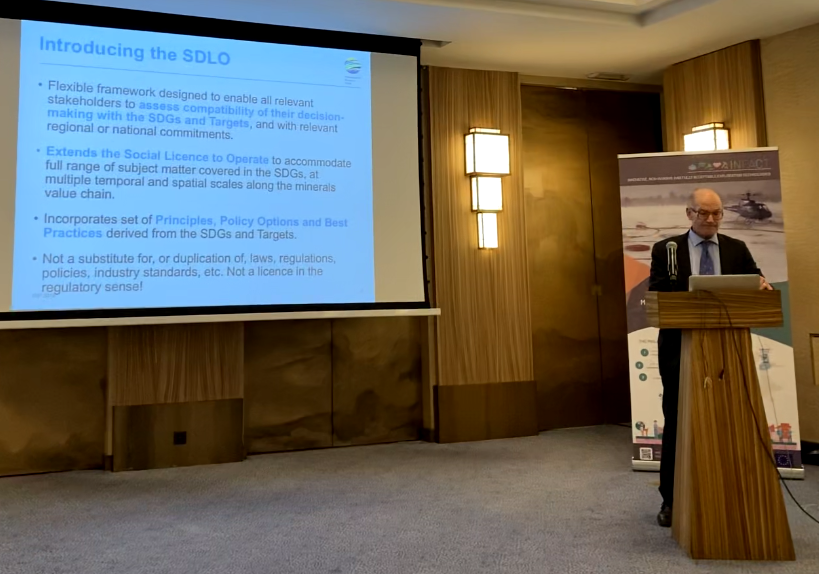
Riikka Aaltonen from the Finnish Ministry of Economic Affairs and Employment acknowledges that the mining sector has a bad reputation. There are mining-related conflicts worldwide. Although the practice of mining companies is slowly changing, they also have to change their way of communicating to the local community and society in general. Communication is key to increase a thorough understanding of the industrial activities and the new developments. This is also a challenge for the government as new regulations are not always known by the local population or even by the politicians. Many companies are striving towards a “sustainable supply” of raw materials, or claim to have developed this “sustainable supply”, but many different interpretations abound of what this actually implies. Therefore, Riikka Aaltonen recommended that “the EU should take the lead to introduce one well defined ‘sustainable supply mechanism’, instead of having numerous separate initiatives around the world.” Through this way, both consumers and companies can make a conscious choice for a more sustainable supply of raw materials.
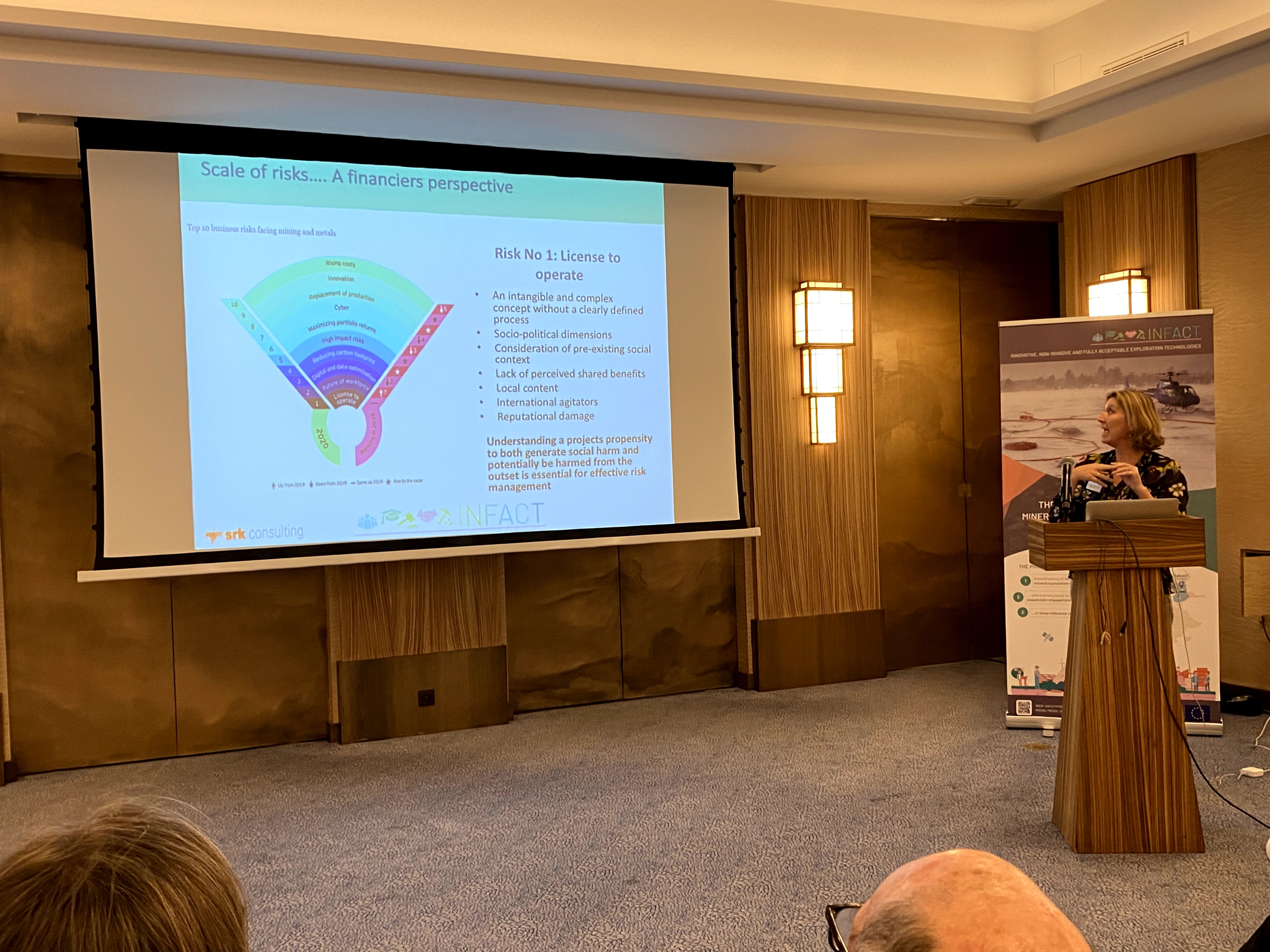 In her talk on the “Industry perspective on linking social risk to social acceptance”, INFACT partner Cathryn MacCallum (SRK) underlined that SLO is widely acknowledged as the biggest financial risk for mineral exploration activities. However while the EU requires consultation and information provision, there is no requirement for stakeholder engagement or public acceptance during exploration or mine development process. She also reminded the audience that the social component is missing from the requirements of Environmental Impact Assessments (EIA) and formulated her recommendation accordingly: “Social context, impact and acceptability need to be regarded as a discrete discipline to environmental risk and acceptability from an EU regulatory perspective, in the same way that they have achieved parity in international standards for non-OECD countries.”
In her talk on the “Industry perspective on linking social risk to social acceptance”, INFACT partner Cathryn MacCallum (SRK) underlined that SLO is widely acknowledged as the biggest financial risk for mineral exploration activities. However while the EU requires consultation and information provision, there is no requirement for stakeholder engagement or public acceptance during exploration or mine development process. She also reminded the audience that the social component is missing from the requirements of Environmental Impact Assessments (EIA) and formulated her recommendation accordingly: “Social context, impact and acceptability need to be regarded as a discrete discipline to environmental risk and acceptability from an EU regulatory perspective, in the same way that they have achieved parity in international standards for non-OECD countries.”
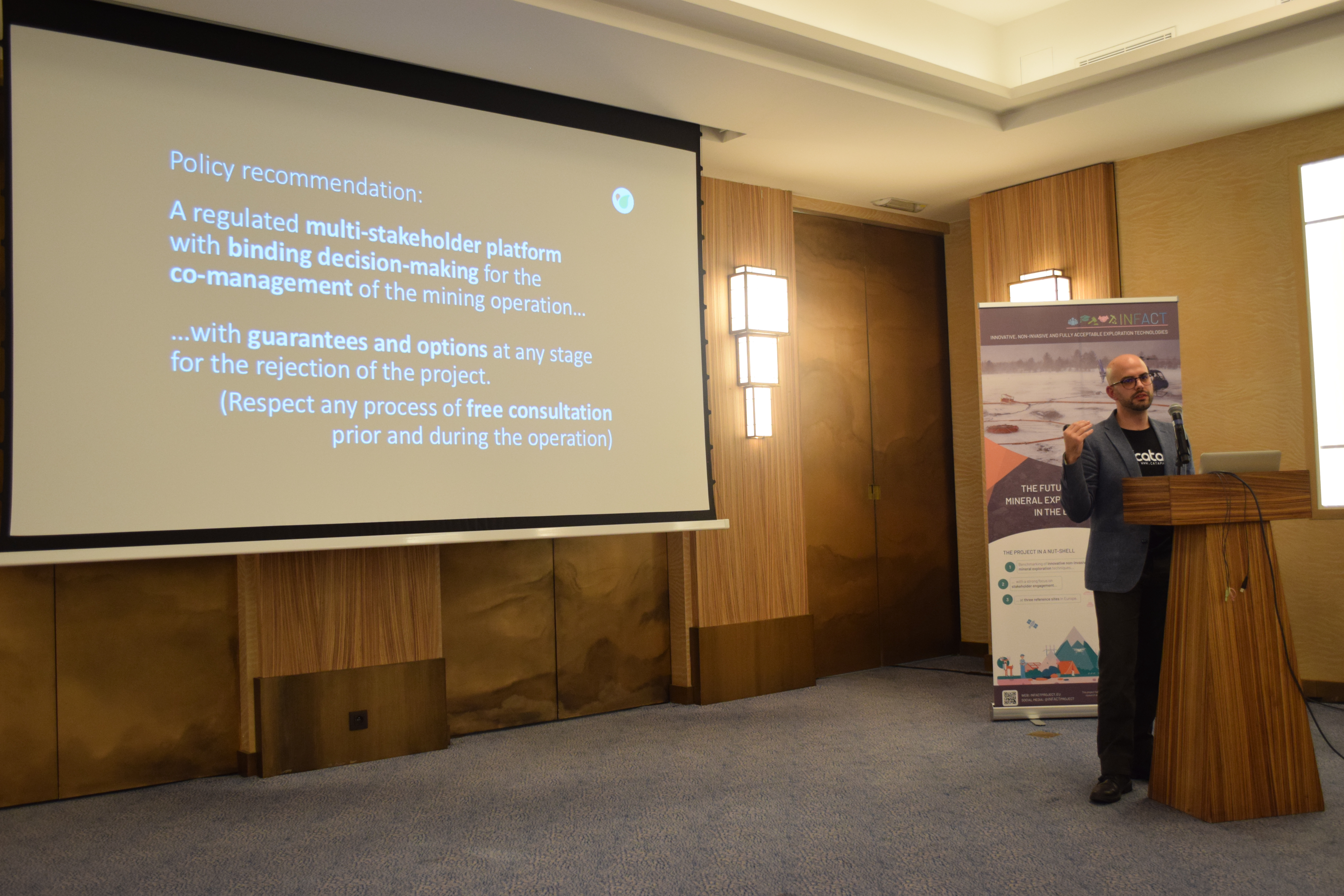
Carlos Gutiérrez Álvarez, a member of the citizens’ platform ‘ORO NO’, related local experiences from the “Oro de Salave” gold mine project in Tapia de Casariego (Asturias, Spain). He expressed strong concerns about the environmental impact of the mining project and emphasized the right of concerned citizens to oppose any mining activity and the expropriation of their land. After a long and difficult struggle his recommendations to policy makers were loud and clear: “Stop telling lies; stop making small adjustments and amendments; stop telling us what to do; stop telling us where to live; stop fighting for power, ego and money; and stop inventing policies even you don’t believe in them”.
The last speaker, Marieke Meesters from Wageningen University (Netherlands), provided a short “Academic review of the literature on social acceptance and Social License to Operate (SLO)”. In her presentation, she focused on the concept of legitimacy and indicated that we also need to consider the technical, the operational and the end-goals of mining activities. Consequently, she argued and recommended “not to take ‘social acceptance’ as a proxy for legitimacy”.
After the six keynotes speeches, the six recommendations were further discussed. The interactive debate brought up several relevant societal, economic and ethical considerations.
The concept of legitimacy was debated throughout the session. Property rights are routinely redefined by governments according to their political priorities. The call for more sustainable development continuously challenges these politics. The governance process is strongly influenced by power (im)balances and (potential) economic benefits. The interest of future generations should be considered in these governance decisions as well.
The issue of raw materials needs to be further debated internationally. While the global community has agreed on over 200 multilateral environmental agreements (e.g. Paris Agreement on Climate Change). While not all of these agreements are already delivering results, they do provide a forum in which these issues can be discussed. The current raw materials extraction generates a lot of waste (sometimes referred as ‘residue’). It needs to become much more efficient. As a next step, the move towards a more circular economy becomes ever more urgent. Finally, we should consider the issue of sufficiency. In sum, we need to increase the resource efficiency and consider the sufficiency in light of the current global crises such as the climate emergency.
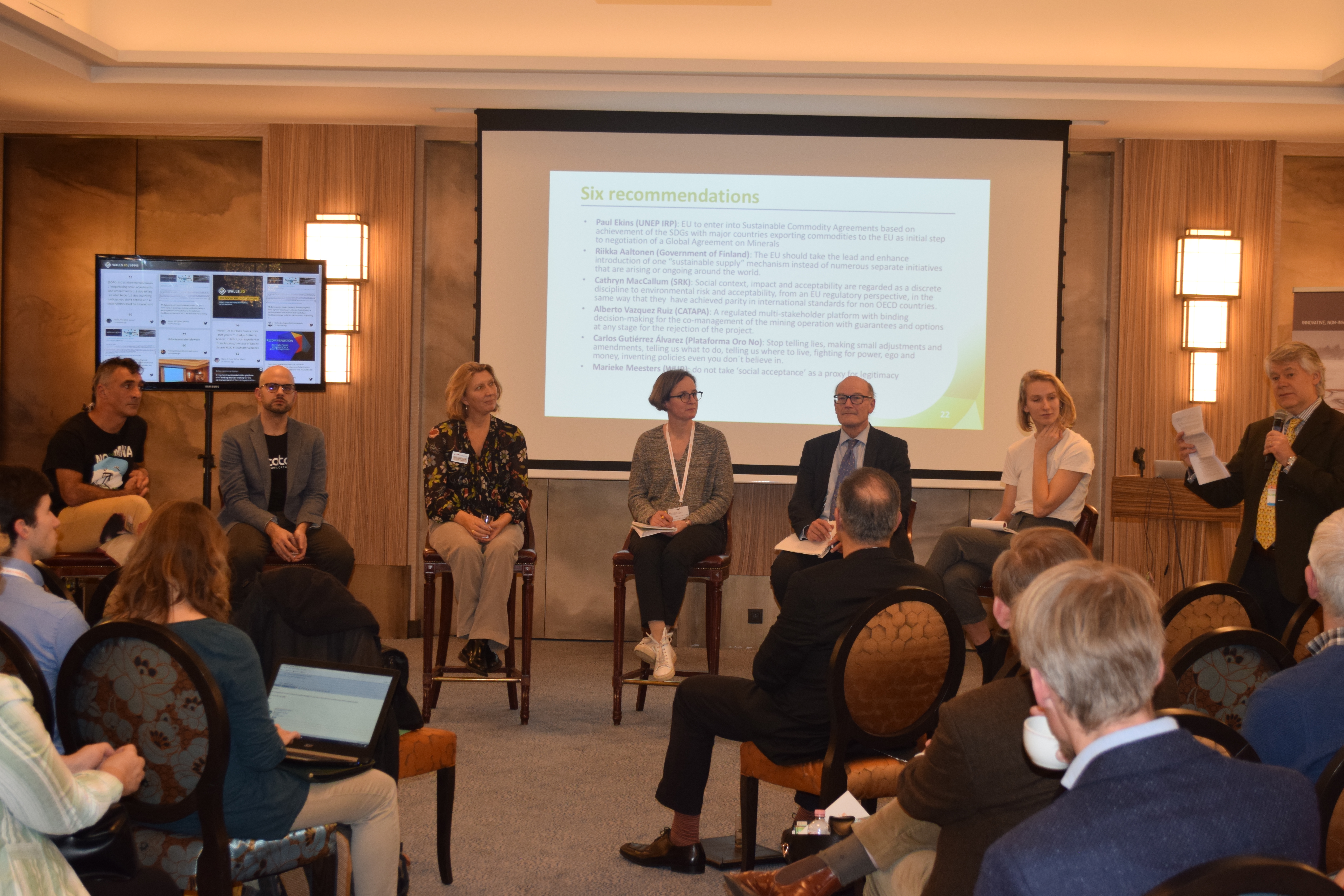
The real cost of the current production of primary raw materials is largely underestimated as the externalities (social and environmental impacts) are often ignored or offset in the extraction and manufacturing areas. The EU is a large importer of raw materials and is currently not paying a fair price for these resources.
When the development of a new project of primary raw materials production is proposed, the different partners search for a compromise to initiate the project. In this context, the decision of a local community to accept or not a mining-related project should be respected. When stakeholders negotiate a compromise, they are really discussing on which sacrifice the different actors have to/will make. In this context, we should question ourselves and consider what kind of luxury we can sacrifice, and we need to distinguish between our demand and our need. In this respect, it is suggested to deconstruct and reinvent our current economic system in which our ‘needs’ are defined in terms of materials possessions. Our value system needs to be reconciled with this system.
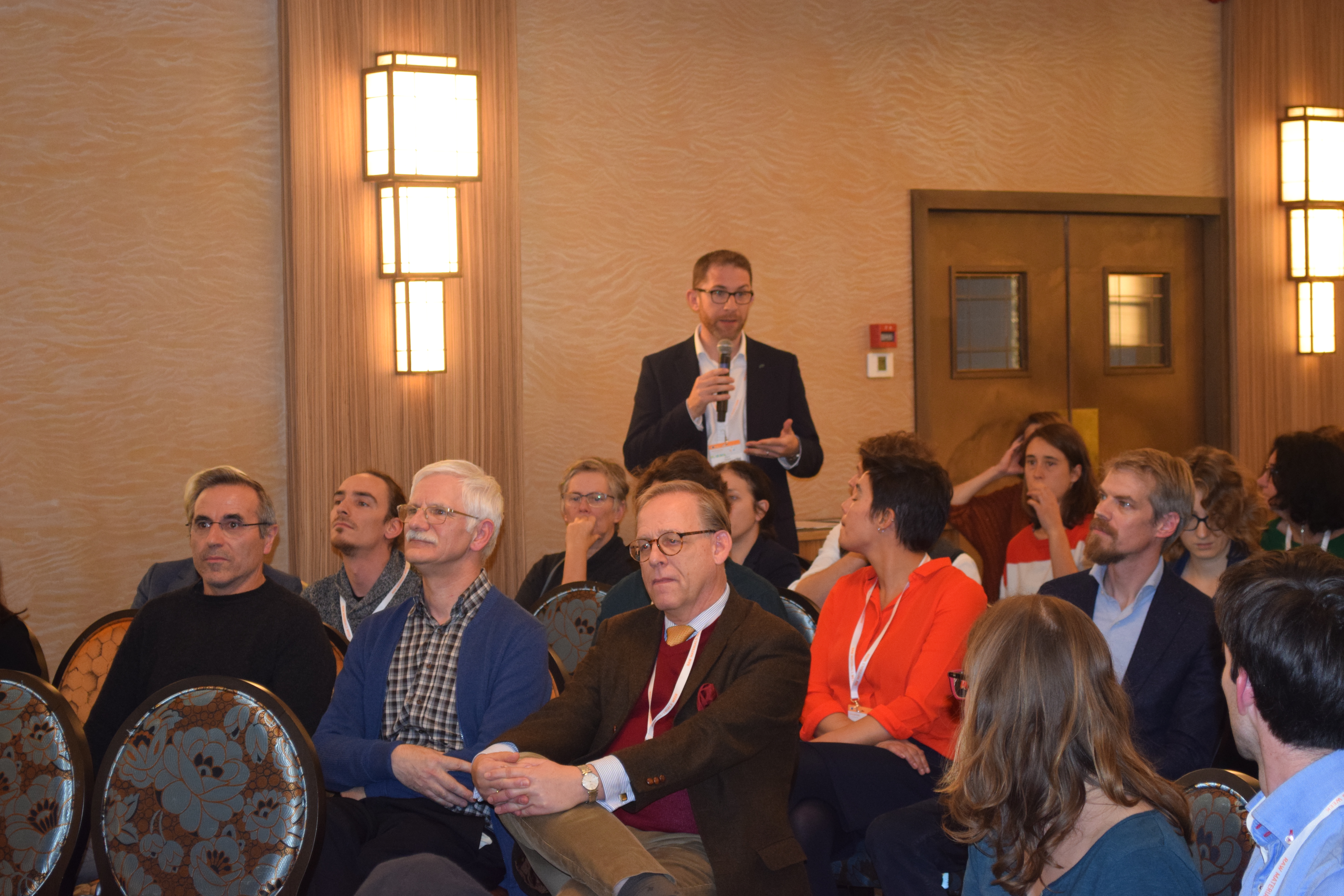
Next steps
During the closure of the event, the next steps are announced. On March 12, 2020, a symposium will be organized on “Green Transition Challenged by the Metal Supply Chain” in Brussels (Belgium). Panelists from different sectors and fields will present and discuss among others the state of the art on the metals needed in the green energy technologies; the consequences of the extraction of metals used in green energy solutions (e.g. lithium extraction from Atacama Desert, Chile); the working conditions in Chinese factories where batteries are produced; the challenges in product design for the Circular economy; and the current issues in recyclability of the materials used in these technologies and legislation proposal for the EU.
Next, in June 2020, a workshop will search for pathways “Towards a responsible Supply Chain of metals in the European Union”.
If you are interested in participating to one of these events, please keep an eye on our website, and/or contact Piet.Wostyn@kuleuven.be.
About the authors
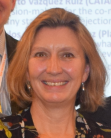
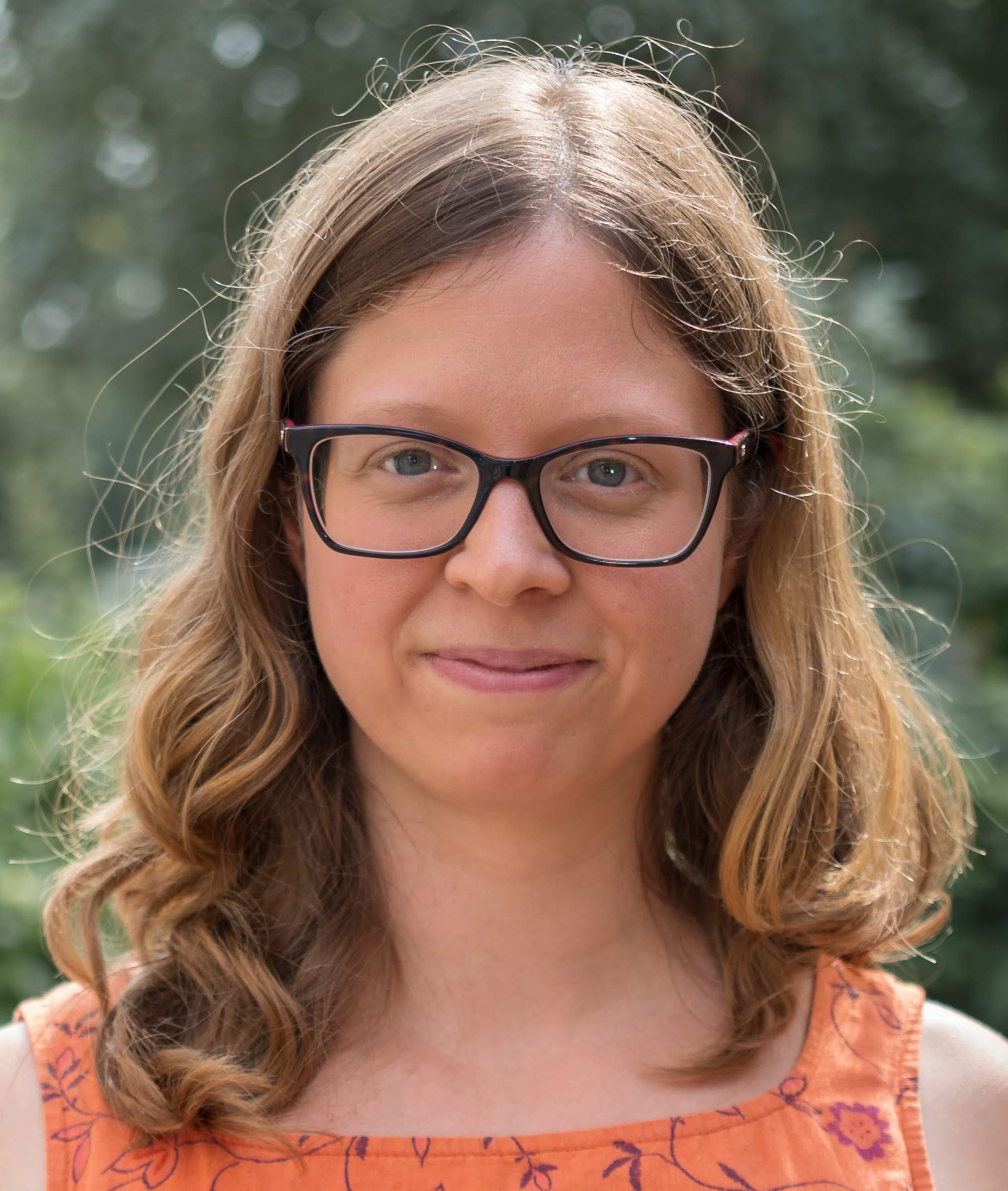 Anita Stein is the Communications Manager of the European Federation of Geologists (EFG). Within the Horizon 2020 funded INFACT project she supports the outreach activities which are led by EFG.
Anita Stein is the Communications Manager of the European Federation of Geologists (EFG). Within the Horizon 2020 funded INFACT project she supports the outreach activities which are led by EFG.
Piet Wostyn is a project manager at the ‘Sustainable Inorganic Materials Management’ research cluster of KU Leuven (SIM² KU Leuven) and recently started a PhD-research analyzing the multi-party stakeholder dialogue processes.
Acknowledgements
.jpg) The NEMO, CROCODILE, TARANTULA, CHROMIC, INFACT and SecREEts projects have received funding from the European Union’s EU Framework Programme for Research and Innovation Horizon 2020 under Grant Agreement No 776846 (NEMO – https://h2020-nemo.eu/ ), GA No 776473 (CROCODILE – https://h2020-crocodile.eu/ ), GA No 821159 (TARANTULA – https://h2020-tarantula.eu/ ), GA No 730471 (CHROMIC – www.chromic.eu ), GA No 776487 (INFACT – www.infactproject.eu ), and GA No 776559 (SecREEts).
The NEMO, CROCODILE, TARANTULA, CHROMIC, INFACT and SecREEts projects have received funding from the European Union’s EU Framework Programme for Research and Innovation Horizon 2020 under Grant Agreement No 776846 (NEMO – https://h2020-nemo.eu/ ), GA No 776473 (CROCODILE – https://h2020-crocodile.eu/ ), GA No 821159 (TARANTULA – https://h2020-tarantula.eu/ ), GA No 730471 (CHROMIC – www.chromic.eu ), GA No 776487 (INFACT – www.infactproject.eu ), and GA No 776559 (SecREEts).
